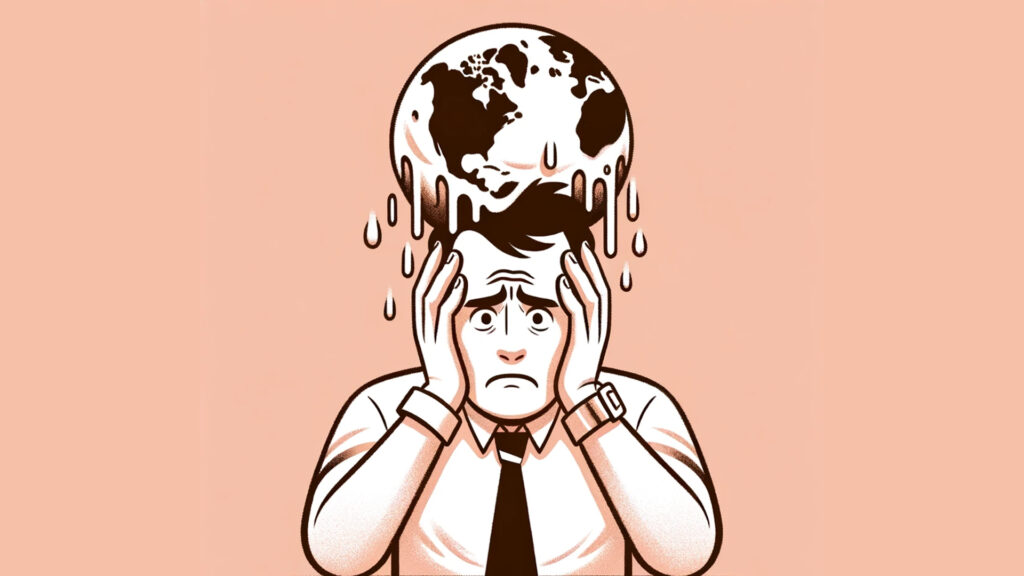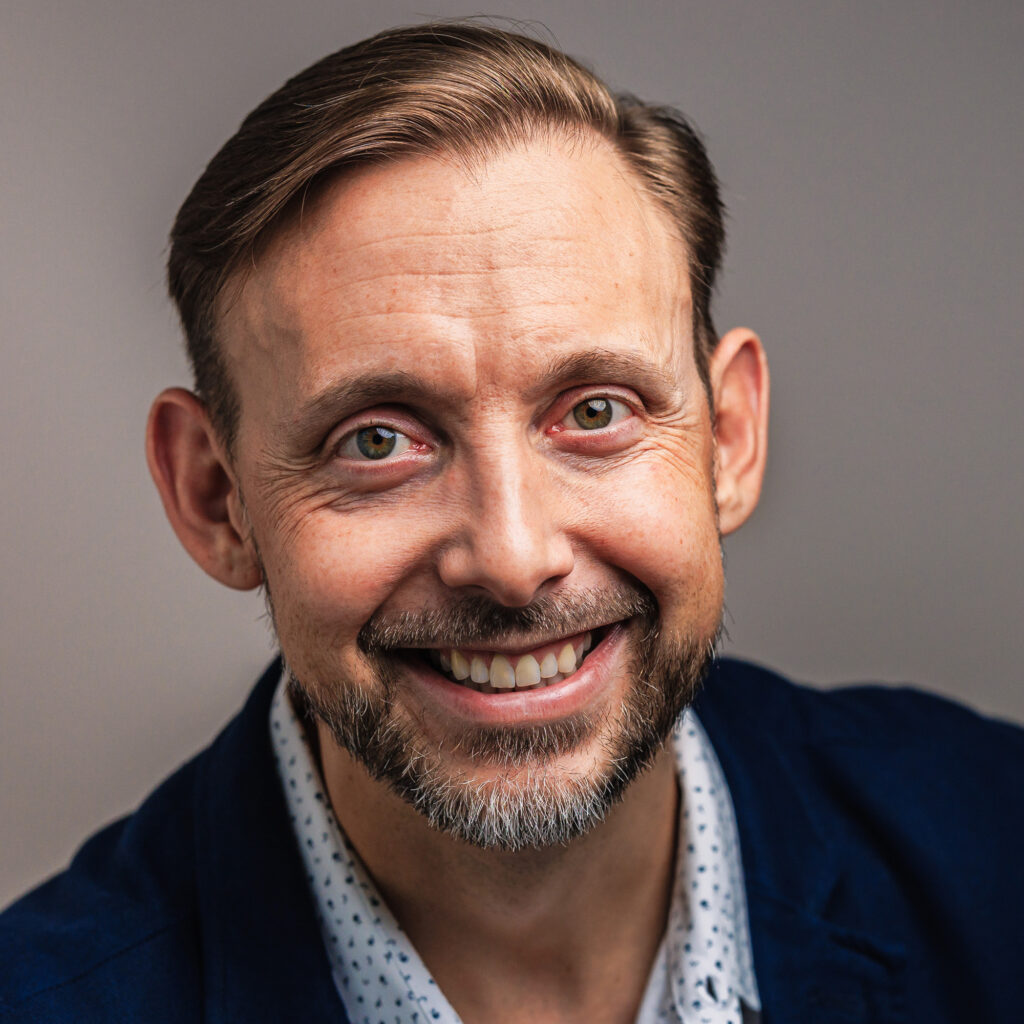
How to be Good in a World Gone Bad
In a hyperglobalised world hurtling towards environmental destruction, how do we determine the right actions? Philosopher Travis Rieder outlines a new ethics for the age of humanmade catastrophe: how to be good in a world gone bad.
The modern world is morally exhausting. I mean: perhaps people have felt moral exhaustion in many, or even most, eras. But modern life has a property that I think is especially overwhelming, which is that it presents us with massive, structural harms and injustices, which our common, everyday actions contribute to.
The paradigm case here is climate change. Virtually everything we do implicates us in the harms of climate change, as just going about our lives requires emitting greenhouse gases that are warming the planet. This can thus lead to a sense of guilt and moral responsibility: we shouldn’t actually take that flight in order to go on vacation, as doing so contributes to climate change.
The modern world is morally exhausting
Of course, going very far down that rabbit hole gets complicated very quickly. Are you then also required to go vegan, since animal-sourced foods are more carbon-intensive? Should you drive less, even if that means changing jobs? Buy an electric car, install solar panels, and invest in other green technology, even if you can’t really afford it?
As the stress of trying not to contribute to climate change adds up, some people feel the draw of just throwing up their hands and saying, “Not my problem.” After all, no one person can solve (or will cause, for that matter) climate change, so as the responsibility adds up, it starts to feel unfair. And maybe it even feels a bit precious to worry so much about keeping one’s hands clean. The world will burn whether I fly to see my parents or not. Does it really make me a better person to miss my visit so that I can feel righteous amidst the flames?
Virtually everything we do implicates us in the harms of climate change... This can thus lead to a sense of guilt and moral responsibility
Of course, going very far down that rabbit hole gets complicated very quickly. Are you then also required to go vegan, since animal-sourced foods are more carbon-intensive? Should you drive less, even if that means changing jobs? Buy an electric car, install solar panels, and invest in other green technology, even if you can’t really afford it?
This tug-of-war between the pull of an ethic of purity and a resignation to a kind of nihilism makes up the particularly modern moral exhaustion of our world. What is each of us to do? Does it matter what we do?
What is each of us to do? Does it matter what we do?
In my new book, Catastrophe Ethics, I offer a set of tools for living a decent, ethically justifiable life in the face of such overwhelming problems. The first step I suggest is to recognize that although you are not morally required to do any particular thing, it is morally good to do many different things. Different courses of action are recommended, even if none of them are obligatory.
The move here is to shy away from the purists who try to convince you that the only ethical life is one of isolation and asceticism, since any contribution to the complex global society will implicate you in a myriad array of catastrophes. Given the infinitesimally small contribution any one of us makes to a problem that arises from the actions of billions of people, it’s unreasonable and unhelpful to hold that any one of us is obligated to withdraw participation.
Not everything bad is prohibited, and not everything good is required
But against the nihilist, I counter that this does not imply that nothing one does matters at all. Not everything bad is prohibited, and not everything good is required. This gives rise to what I call the participatory component of ethics, which asks: what good and bad structures, systems, and outcomes will you be a participant in? Just as it’s bad to be a part of catastrophe, it’s good to be a part of some collective solution or a movement for justice.
Sitting squarely between the pull of purity and the threat of nihilism, then, is an ethic of conscientiousness. We must come to terms with the fact that most of what we do and how we live will implicate us in various problems and solutions, and so our moral job is to design a life that is justifiable in terms of how we triage our efforts.
Our moral job is to design a life that is justifiable in terms of how we triage our efforts
This process will not make the ethics of modern living easy. But it will, I hope, allow us to feel more confident that we are responding to the various moral considerations in a way that is not simply exhausting. And by responding to the threat of nihilism, I hope that it can help each of us to find meaning in the small choices we make.
An urgent, thought-provoking answer to the question we are all secretly asking: individually, how should we act in the climate emergency?
‘A must-read for anyone who cares about doing good in the world’ – Anna Lembke, New York Times-bestselling author of Dopamine Nation
Philosopher Travis Rieder outlines a new ethics for the age of humanmade catastrophe: how do we determine the right actions? Do our individual efforts to avoid plastic or air travel, or to drive electric, make any real difference?
From the small stuff like single-use plastics to major decisions like whether to have children, Rieder defines exactly how we can change our thinking and lead a decent, meaningful life in a scary, complicated world.



